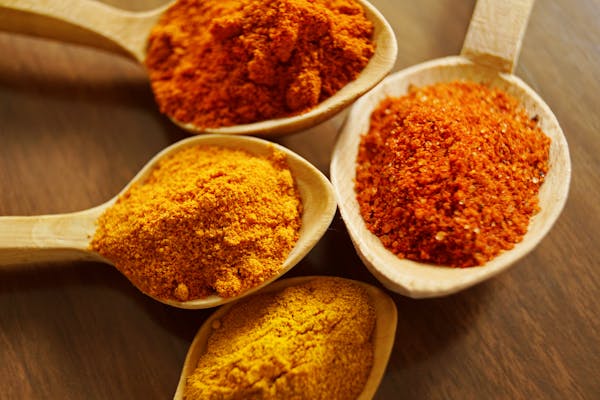The Health Benefits of Radish Leaves.
The Radish Leaves Nutritional and Health Benefits
Radish leaves are often overlooked as a valuable source of nutrition. However, these leaves are packed with fiber, vitamins, and minerals that make them a fantastic addition to a healthy diet.
The Nutritional Profile of Radish Leaves
Radish leaves are low in calories, making them an excellent choice for those looking to manage their weight. One cup of radish leaves contains only 20 calories, making them a guilt-free addition to salads, soups, and other dishes. Additionally, radish leaves are rich in fiber, containing both soluble and insoluble fiber that supports digestive health.
The Health Benefits of Radish Leaves
1 Supports Digestive Health: The fiber content in radish leaves promotes regular bowel movements and prevents constipation.
2 Boosts Immune System: Radish leaves contain vitamin C, which plays a critical role in supporting the immune system.
3 Reduces Inflammation: Radish leaves contain antioxidants that help reduce inflammation and protect against chronic diseases.
Using radish leaves into your diet is easy:
1 Add to Salads: Radish leaves make a great addition to green salads, fruit salads, and grain salads.
2 Use in Soups: Add radish leaves to soups for an added burst of flavor and nutrition.
3 Make a Radish Leaf Tea: Steep radish leaves in hot water to make a soothing and nutritious tea.
Radish leaves are a nutritional powerhouse. By using radish leaves into your diet, you can support digestive health, boost your immune system, and reduce inflammation.
Frequently asked questions. Q: What are the nutritional benefits of radish leaves? A: Radish leaves are low in calories, rich in fiber, and packed with vitamins and minerals, making them a nutritious addition to a healthy diet. Q: Can radish leaves be eaten raw? A: Yes, radish leaves can be eaten raw and are often used in salads, smoothies, and as a garnish. Q: How do radish leaves support digestive health? A: The fiber content in radish leaves promotes regular bowel movements and prevents constipation, supporting healthy digestion. Q: Can radish leaves help boost the immune system? A: Yes, radish leaves contain vitamin C, which plays a critical role in supporting the immune system and fighting off infections. Q: How do radish leaves reduce inflammation? A: Radish leaves contain antioxidants that help reduce inflammation and protect against chronic diseases, such as heart disease and cancer. Q: How can I use radish leaves into my diet? A: Radish leaves can be added to salads, soups, smoothies, and sautéed as a side dish. Q: Can I make tea from radish leaves? A: Yes, radish leaves can be steeped in hot water to make a soothing and nutritious tea. Q: Are radish leaves safe to eat in large quantities? A: While radish leaves are nutritious, it's essential to eat them in moderation. Excessive consumption may cause digestive issues. Q: Can radish leaves cause allergic reactions? A: Yes, some people may be allergic to radish leaves. If you experience any symptoms, such as hives or itching, discontinue consumption. Q: Can radish leaves interact with medications? A: Yes, radish leaves may interact with certain medications, such as blood thinners. Consult with a healthcare professional before consuming radish leaves. If you have specific questions or concerns about using radish leaves into your diet, consult with a healthcare professional or registered dietitian for personalized advice.


















No comments:
Post a Comment